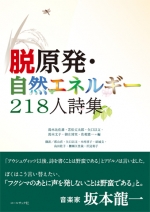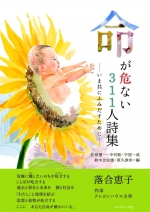verse, prose, and translation
Delfini Workshop
芭蕉の俳諧:猿蓑(43)
2009-11-03 / 俳句

 、満月、文化の日
、満月、文化の日(写真)秋の影
今日はよく晴れましたな。あまりに天気がいいので、買い物がてら散歩。夕食に焼き肉屋へ久しぶりで行く。夕方から冷え込む冷え込む。ダウン着用。
一筆を塗り残されてラフランス
渡されてずつしり重きラフランス
ラフランス愛にかたちのあるならば
カルビ焼く煙すなはち秋の雲
☆
デイヴィッド・G・ラヌーによる一茶の英訳
to an old man's world
Peach Boy, come out!
hollow gourd
oi ga yo ni momotaro^ mo deyo sute fukube
.老が世に桃太郎も出よ捨瓢
by Issa, 1816
According to R. H. Blyth in Haiku, a woman was washing clothes by a stream one day, "when a huge peach (momo) came floating down. She took it home, and when she and her husband cut it open, they found a little boy, Momotaro^, inside" (Tokyo: Hokuseido, 1949-1952; rpt. 1981-1982/reset paperback edition), 2.418. In Issa's journal this is the first haiku of Eighth Month, 1816. Earlier that year, the last haiku of Second Month began with the same first two phrases, but ended with "peach blossoms" (momo no hana). Though the kanji for "gourd" is today read as hisago, Issa read it as fukube. Shinji Ogawa notes that a hollowed fukube could be used as a container or bottle. In this haiku, "the gourd becomes a magic lamp or a bottle where a Genie comes out, in this case, Peach Boy." He adds, "There is a Japanese phrase, hyo^tan kara koma which means 'a horse from a gourd' or 'an unexpected thing happened'."
☆
隣をかりて車引きこむ 凡兆
うき人を枳穀垣よりくゞらせん 芭蕉
■夕顔vs六条御息所という趣向らしい。源氏物語に通じていないと、わからないだろう。そもそも、源氏物語というのは、どこが面白いのか、ぼくには、よくわからない。女の嫉妬心はよくわかるが、登場人物のだれにも感情移入する気になれない。ここは、当世の滑稽話として受け取りたい気分である。
コメント ( 0 ) | Trackback ( 0 )










